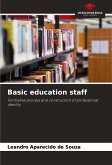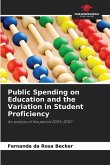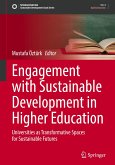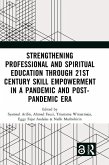The debate turns to Brazil's potential and impossibilities in maintaining a democratic regime, moving away from the polyarchic mobilization process, due to the strengthening of conservative groups in Brazilian and world society. Along the way in this discussion is a social policy project that incorporates a large part of the population into democratic life through the reordering of social policy and the reform cycles in Brazil, which pointed to changes, starting with the 1988 Constitution, in the organizational structure of the social protection system and the strengthening of a democratic institutionality. Education is part of this restructuring process, as it is understood that the reform process in the Brazilian education sector finds in women teachers a possible agent of transformation in strengthening Brazilian and democratic citizenship. This contextualizes the education policy proposed since 1988, the National Education Guidelines and Bases Law, No. 9.394/1996 and the National Education Plan (2001-2010) when reflecting on teacher training and teaching quality.
Bitte wählen Sie Ihr Anliegen aus.
Rechnungen
Retourenschein anfordern
Bestellstatus
Storno








